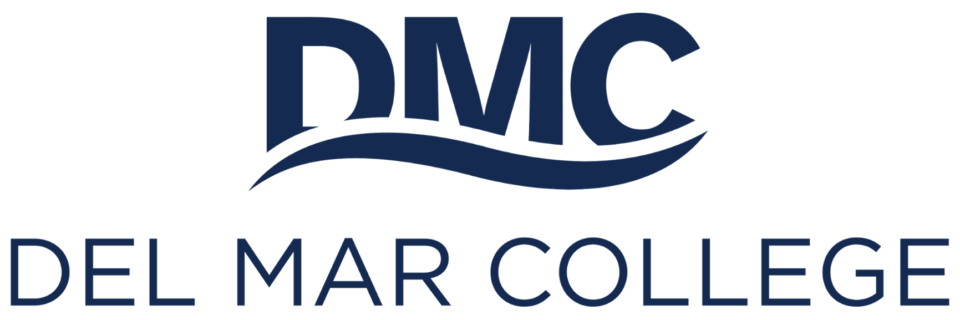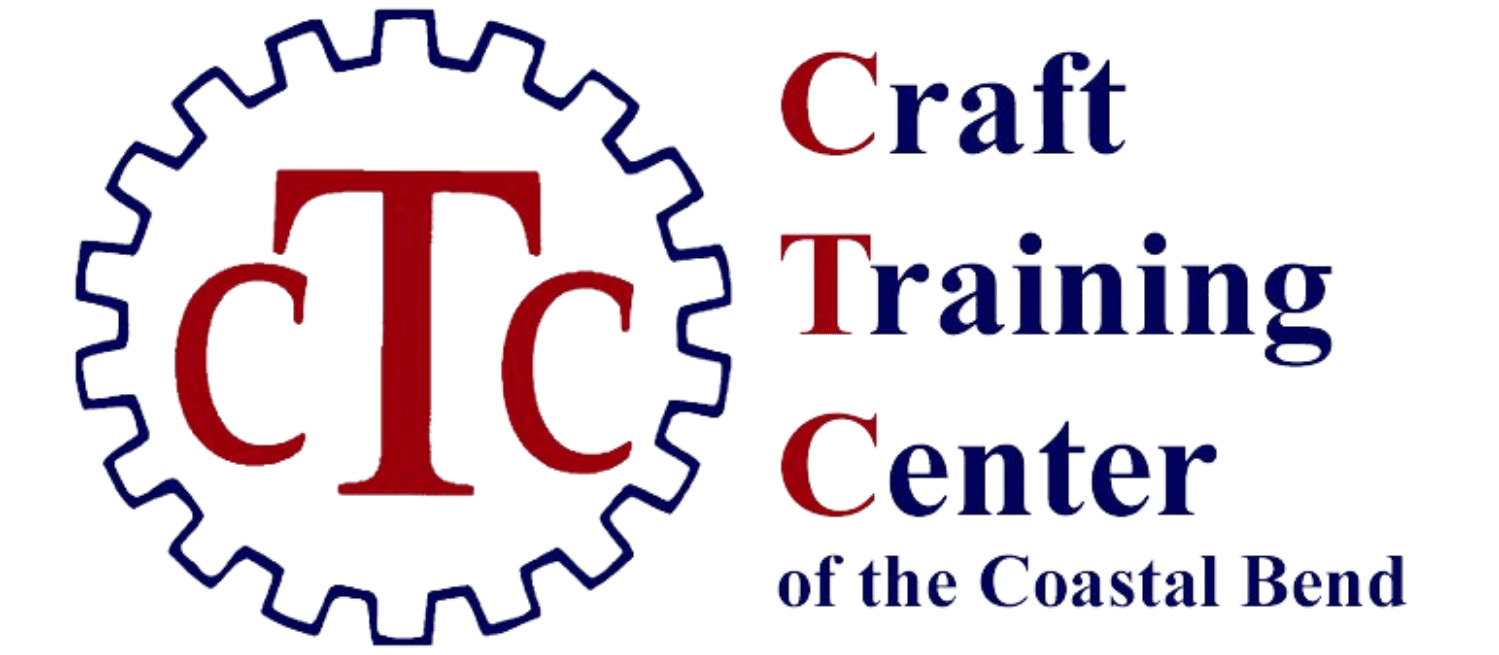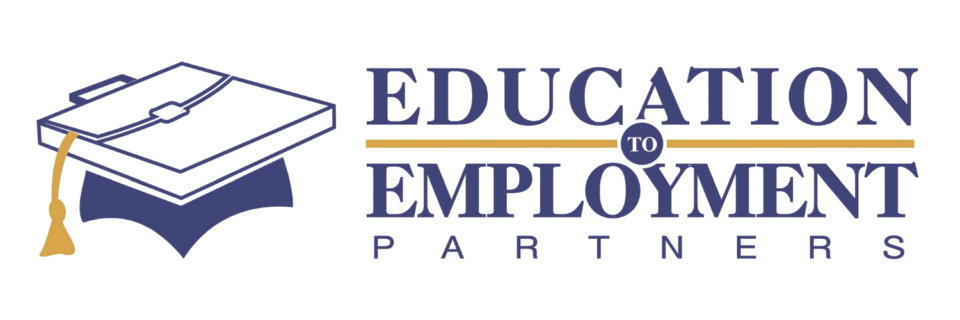Machinists (including CNC)
At a glance
- Median Salary$53,001
- Local Jobs461

Occupation Profile
By the Numbers
Median annual earnings$53,001
Median Annual Earnings are the midpoint earned by 50 percent of workers who are the lowest paid and 50 percent of workers who are the highest paid in a particular occupationLocal Jobs461
Median Annual Earnings are the midpoint earned by 50 percent of workers who are the lowest paid and 50 percent of workers who are the highest paid in a particular occupationEntry-level educationCertification
Median Annual Earnings are the midpoint earned by 50 percent of workers who are the lowest paid and 50 percent of workers who are the highest paid in a particular occupation
Daily Tasks
- Calculate dimensions or tolerances, using instruments, such as micrometers or vernier calipers.
- Machine parts to specifications, using machine tools, such as lathes, milling machines, shapers, or grinders.
- Measure, examine, or test completed units to check for defects and ensure conformance to specifications, using precision instruments, such as micrometers.
- Program computers or electronic instruments, such as numerically controlled machine tools.
- Set up, adjust, or operate basic or specialized machine tools used to perform precision machining operations.
- Monitor the feed and speed of machines during the machining process.
- Study sample parts, blueprints, drawings, or engineering information to determine methods or sequences of operations needed to fabricate products.
- Maintain machine tools in proper operational condition.
- Fit and assemble parts to make or repair machine tools.
- Align and secure holding fixtures, cutting tools, attachments, accessories, or materials onto machines.
- Operate equipment to verify operational efficiency.
- Confer with numerical control programmers to check and ensure that new programs or machinery will function properly and that output will meet specifications.
- Evaluate machining procedures and recommend changes or modifications for improved efficiency or adaptability.
- Design fixtures, tooling, or experimental parts to meet special engineering needs.
- Diagnose machine tool malfunctions to determine need for adjustments or repairs.
- Lay out, measure, and mark metal stock to display placement of cuts.
- Confer with engineering, supervisory, or manufacturing personnel to exchange technical information.
- Dispose of scrap or waste material in accordance with company policies and environmental regulations.
- Separate scrap waste and related materials for reuse, recycling, or disposal.
- Check work pieces to ensure that they are properly lubricated or cooled.
Occupational Skills
Hard Skills
- Cutting Tool (Machining)
- Drill Press
- Drilling
- Lathes
- Machinery
- Machining
- Micrometer
- Milling
- Mills
- Tooling
Soft Skills
- Adaptability
- Arithmetic
- Communications
- Detail Oriented
- Fine Motor Skills
- Investigation
- Lifting Ability
- Mathematics
- Multitasking
- Operations
Hard skills are specific, learnable, measurable, often industry- or occupation-specific abilities related to a position.
Soft skills can be self-taught and usually do not necessitate a certain completed level of education. They are essential in many industries and occupations.
Educational Programs
Manual Machinist
| Type | Credential | Hrs | Online | Financial Aid |
| Certificate | Cert | 205 | Yes | No |
Die Setter
| Type | Credential | Hrs | Online | Financial Aid |
| Certificate | Cert | 100 | Yes | No |
CNC Machinist
| Type | Credential | Hrs | Online | Financial Aid |
| Certificate | Cert | 195 | Yes | No |
Learn more aboutMachinists (including CNC)
Visit Career Coach for additional in-depth information and available training programs for this job.













